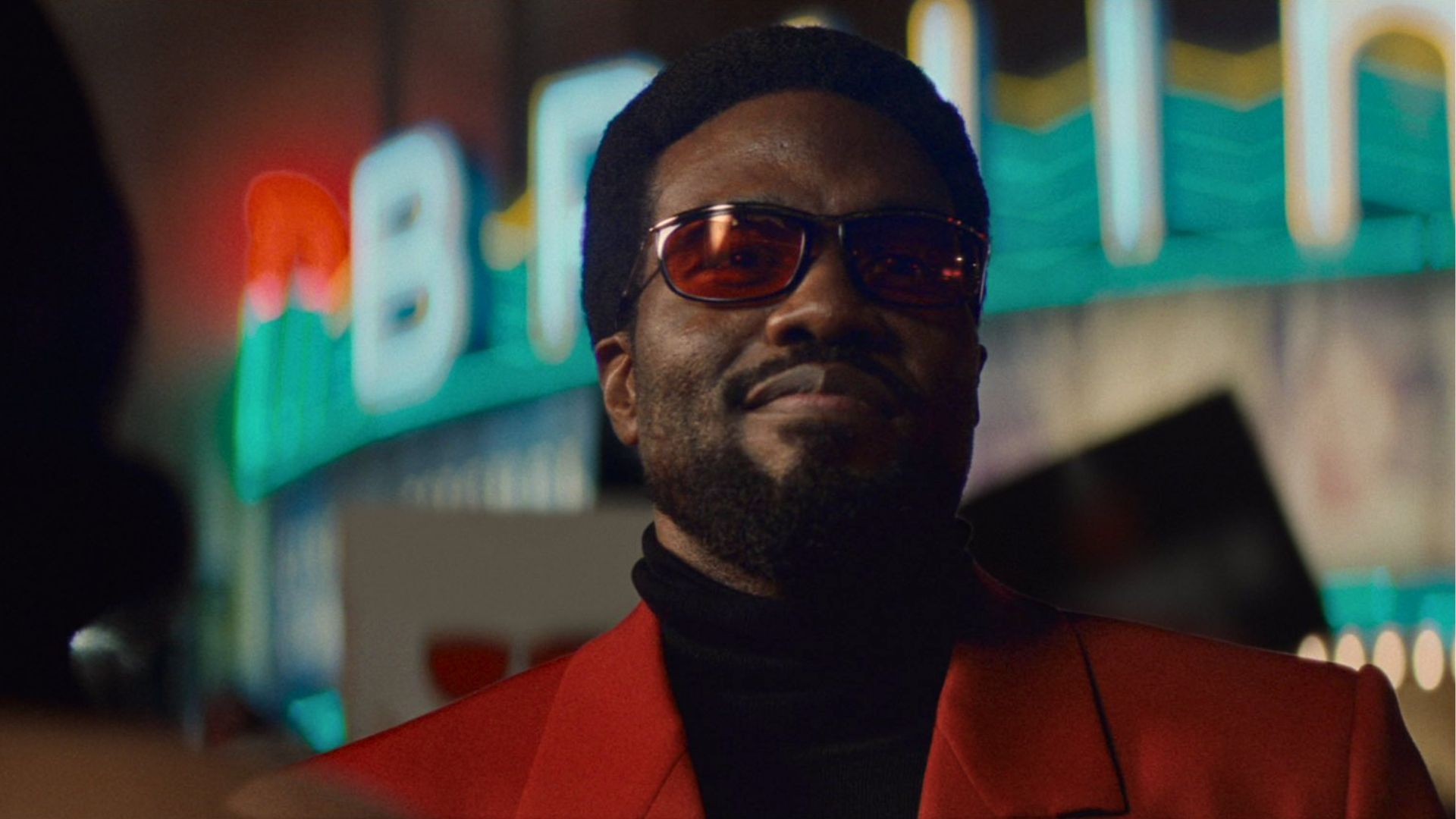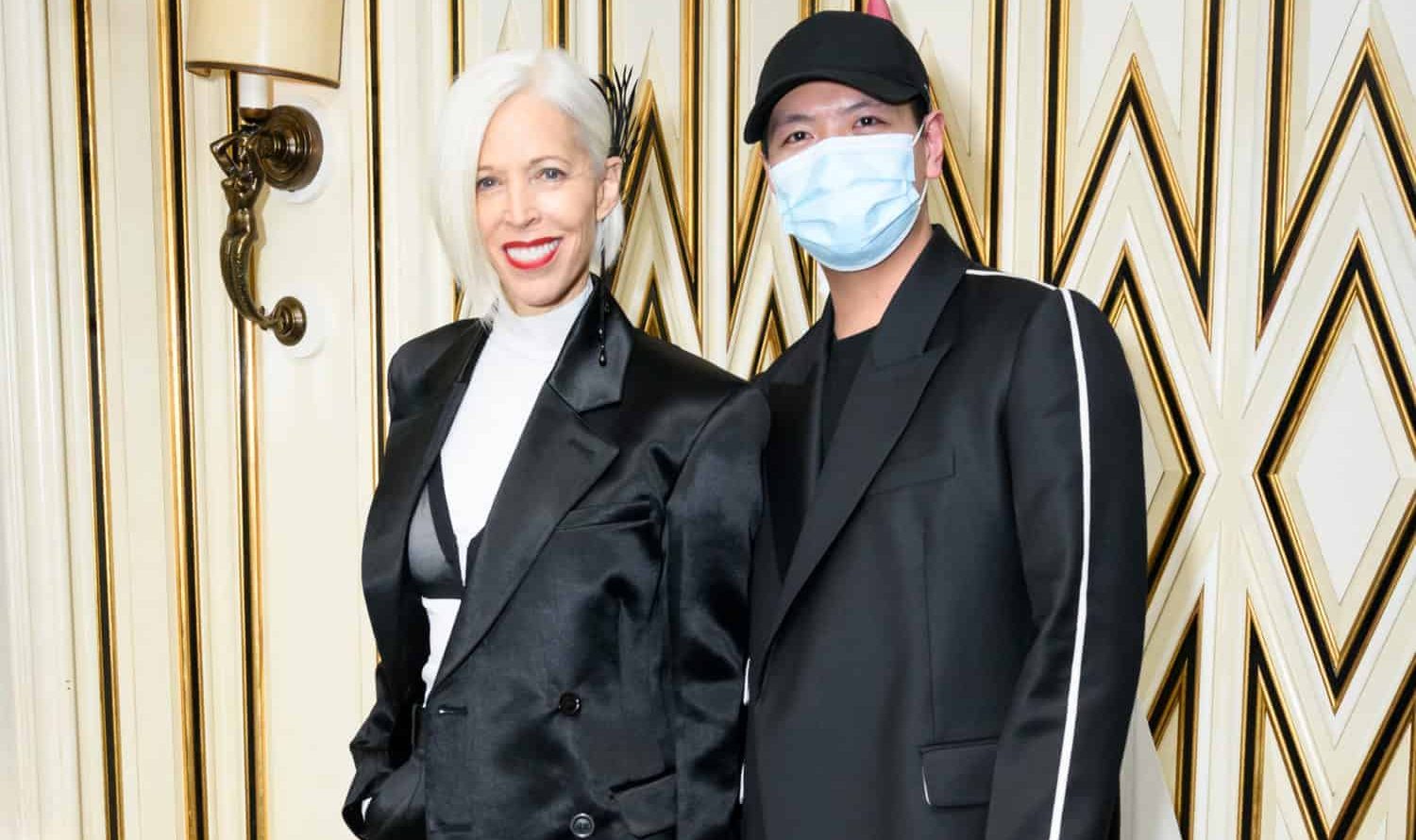It’s apparent from the very beginning that Soft & Quiet is an expertly crafted film from writer and director Beth de Araújo. Happening in real-time — per IndieWire, they shot for four evenings straight, from 6:34 to 8:00 in the evening — the film is an unrelenting emotional experience and a coercion upon the audience to bear witness to the darkest shades of humanity that, unfortunately, are all too present in the world today. Indeed, there’s no denying that de Araújo, who is making her feature directorial debut, is a talented filmmaker with creative fervor and promise. The issue with Soft & Quiet, however, lies in its intention.
MOVIEWEB VIDEO OF THE DAY
Soft & Quiet stars Stefanie Estes as Emily, a kindergarten teacher who organizes regular meetings of like-minded women in her small-town community’s church to discuss their personal affairs, the state of the world (from their perspective), and how they, as an organization, can grow. The name of the group: The Daughters of Aryan Unity. Which, of course, is revealed after Emily unveils her pie (her contribution to the group’s refreshments), presenting a swastika carved into the top crust. When the other members audibly gasp — more likely out of surprise at her gall than disgust — Emily says something to the effect of “It’s just a joke.” It shouldn’t be surprising, especially after the previous scene showed her side-eyeing the brown maintenance staff at her school, but it’s nonetheless arresting to see.
Though it may not seem like it at first, once the women reveal themselves to be the white supremacists that they are, Soft & Quiet immediately becomes a contender for one of the most intense movies of the year. That it is filmed in one take works in the movie’s favor here, never giving us reprieve or escape. Whenever films employ this technique, it risks either ending up feeling like a gimmick or drawing too much attention to itself, but for de Araújo’s film, it effectively holds us captive to the violent rhetoric in that room and, later on, the much more violent acts they commit outside.
Related: Coming to Theaters: Upcoming Films Directed by Women
A Spotlight on White Supremacy, But to What End?
Soft & Quiet is a difficult film to watch precisely because of the way it doesn’t hold back on its depiction of racism, homophobia, and antisemitism. In this regard, the ensemble cast of women is deserving of praise: the characters they play are all terrifying, the slurs falling out of their mouths as naturally as an exhale. Estes, in particular, turns in a phenomenal performance as Emily, slick and oozing at her most conniving, unhinged and going-for-broke at her most desperate. Olivia Luccardi, Dana Millican, and Eleanore Pienta as Leslie, Kim, and Marjorie, respectively, are also solid in Estes’ orbit, unabashedly channeling their characters’ hate and rage, and leaving it all on the screen.
At the same time, it’s essentially this all-out-assault approach that makes Soft & Quiet, or, more correctly, Soft & Quiet’s intention, difficult to understand and therefore write about. When, after a heated run-in with mixed-race Asian sisters Lily and Anne (Cissy Ly and Melissa Paulo, respectively), Emily’s group decides to “prank” them as revenge, and then that “prank” turns deadly and horrific, it’s hard to resist wondering: to what end? Particularly at a time when hate crimes against Asian-Americans are at an all-time high, what is accomplished in a movie that gives voice to hate and spotlights white supremacy? Clearly, there’s no going back for the white women — redemption for the white supremacists was never going to be an option, narratively speaking — and because we’re so entrenched in Emily’s purview, there’s ultimately no going back for us as well. Neither Lily nor Anne are afforded the depth and screen time as the other women, so we are forced to see hate through the eyes of hate.
As a result, all we’re left with by the end of the film is anger, death, and, especially for racialized audiences, trauma. More significantly, and detrimentally as far as the movie-watching experience goes, we’re left with nothing we didn’t already know. We know white supremacy exists. We know how it functions, empowers, and breeds. Just less than two weeks ago, as reported by NBC News, an antisemitic hate group hung a banner over a Los Angeles freeway that said “Kanye is right,” following his string of antisemitic remarks. If Soft & Quiet’s intention is to remind us of the insidiousness of white supremacy, it’s not necessary; the real world inevitably shows us that time and again. If the goal is to forcibly make us confront it, then it’s arrogant to assume that audiences — again, especially racialized audiences — don’t already do that on a daily, systemic basis. To that end, de Araújo’s film, as exquisitely made as it is, can’t help but feel like shock and awe for the sake of it.
Soft & Quiet is available in theaters and VOD on November 4.
You can view the original article HERE.





























